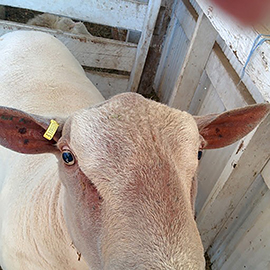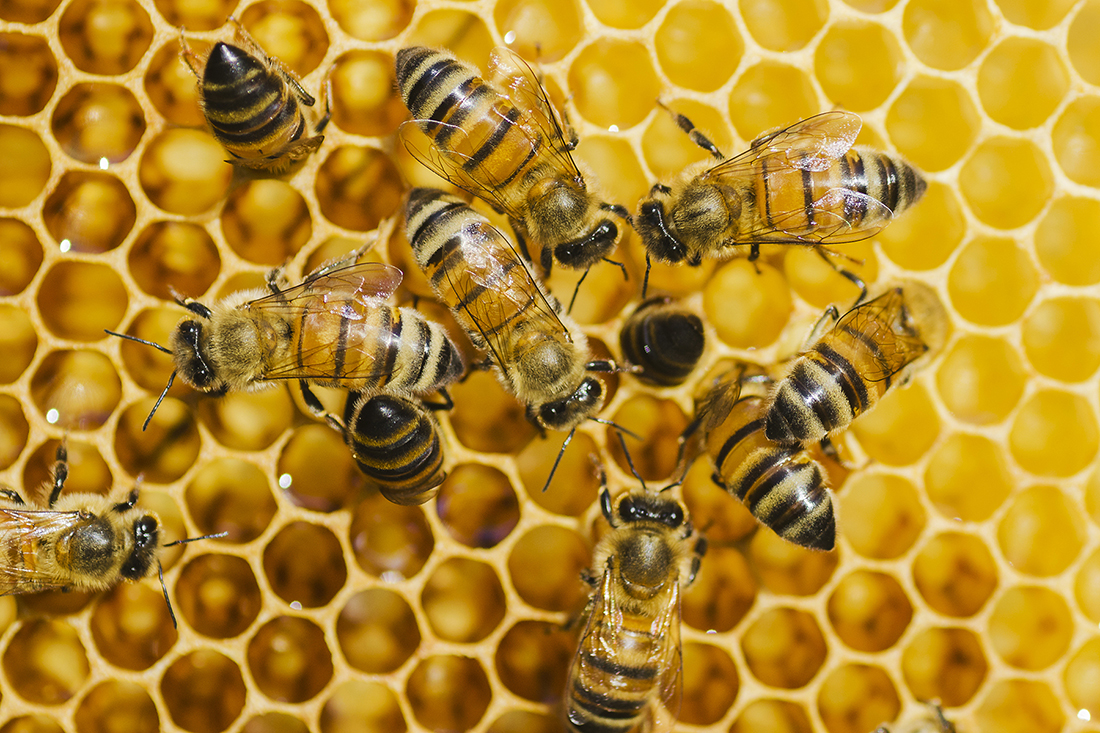A lack of fresh federal funding means the industry associations for raspberry and strawberry growers are set to run deficits in 2019.
The budgets approved at the annual general meetings of the Raspberry Industry Development Council (RIDC) and the BC Strawberry Growers Association (BCSGA) at the end of March both project small deficits.
RIDC ended 2018 with a deficit of more than $19,000 due to lower revenues and a significant decline in federal funding following the end of Growing Forward 2. A new round of funding through AgriScience under the Canadian Agricultural Partnership (CAP) has yet to be announced, leaving the council short of funding.
Strawberry growers also expect a drop in revenues.
BCSGA general manager Lisa Craig expects the association to receive greater levies in 2019, but that won’t offset the cost of advertising and research. The activities claim approximately two-thirds of the association’s budget. Similar to raspberry growers, the association has not received any new funding under CAP.
Still, this doesn’t mean the associations are cap-in-hand.
“The council is in a strong financial position … despite the small shortfall this year,” RIDC auditor John Pankratz told council members. “You’re in good solid shape.”
Still, imports mean growers are face significant competitive pressures that funding could help address. Processed strawberry sales continue to decline with few organizations choosing to use local berries in their products over the cheaper Mexican counterparts, for example.
“We’ve got maybe 50,000 pounds [in storage],” says Rhonda Driediger, owner of Driediger Farms, noting that Mexican strawberries land in BC at 80 or 85 cents a pound, below what BC growers need to make ends meet.


 New year, new funding
New year, new funding